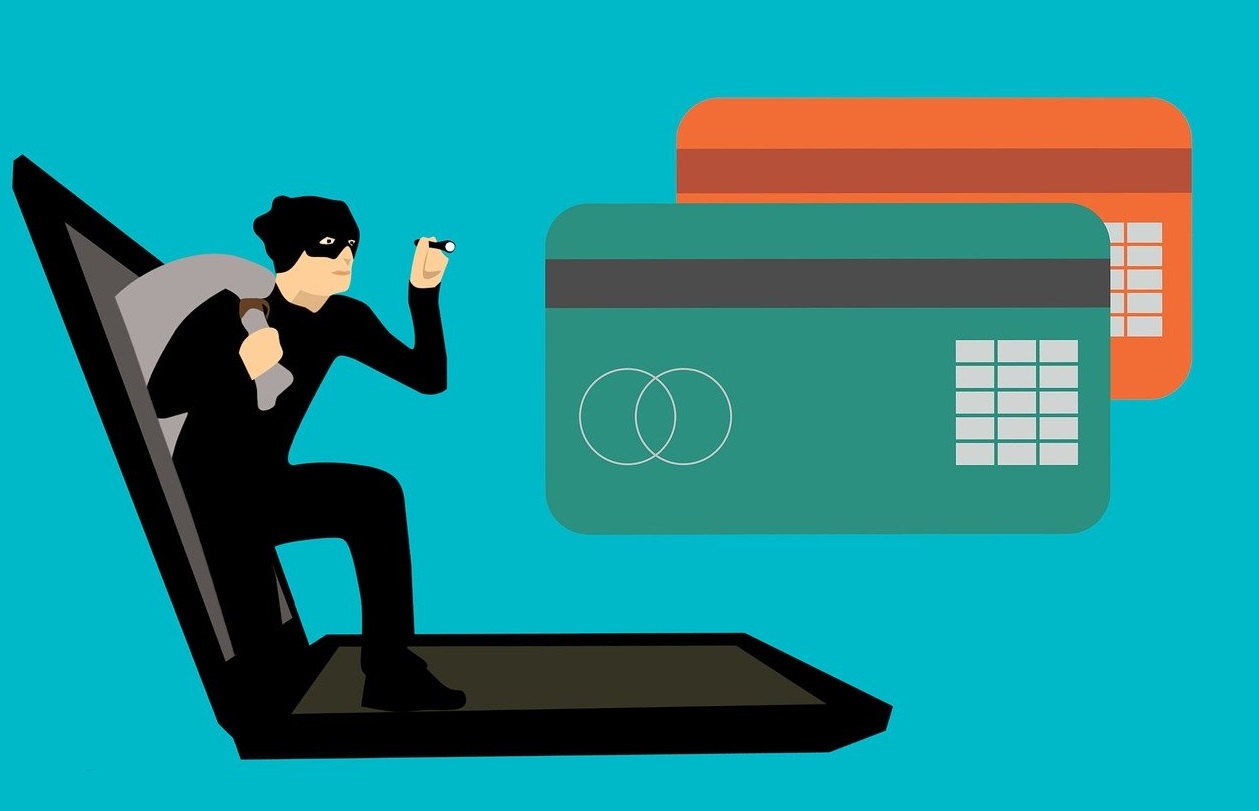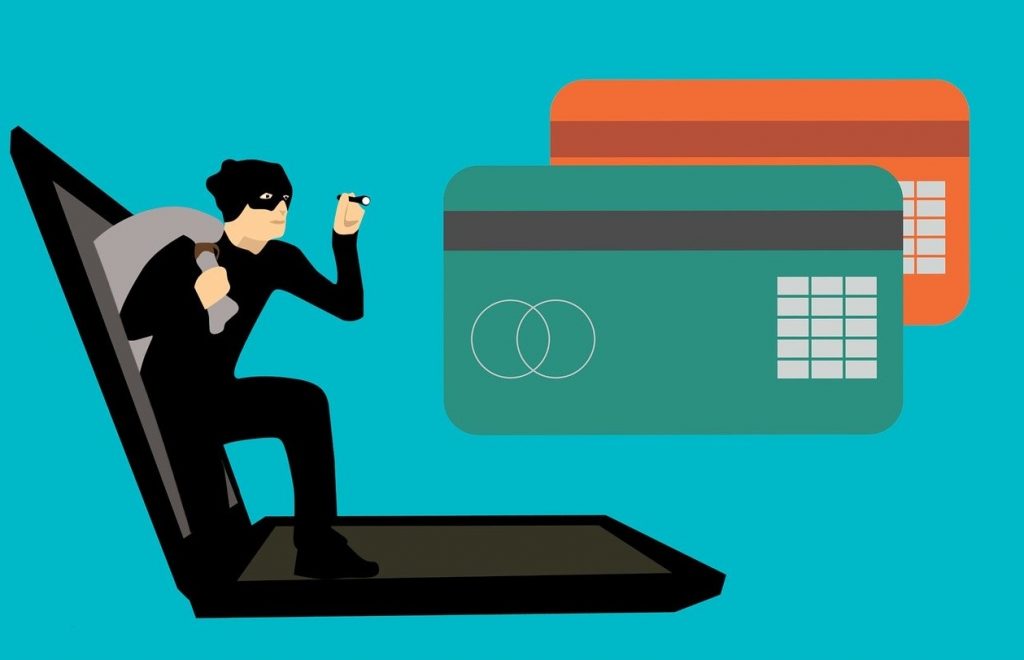
With Digital India getting the edge and being adopted by mass there is a rise in cases of Credit Card fraud too.
There were about 55 million credit cards and 900 million debit cards in India till December 2019. The problem with India is we grow too fast with digital India and we didn’t educate the consumers about how to keep your data safe and protect your card and money.
Just writing the guidelines and sending it to the customer will not help as most Indians don’t read those leaflets and some of the card users are not that much educated. Banks need to educate the customers personally or taking the help of NGOs to fight financial frauds.
Table of Contents
How to avoid Credit Card Fraud?
You should NOT share your card details, Bank Balance, CVV, Credit Limit on your card. In case you have shared these details you are at risk of losing your money.
Most Important: DO NOT SHARE OTP with Anyone even if the person claims to from your Bank. Banks will never ask for your OTP in any circumstances.
If you share the details it will be at negligence on your part and you may or may not receive your money. Bank will not be responsible.

If you have been duped by these scammers Follow these steps:
You must report all the details immediately to the concerned bank.
1. Report to Your Bank:
When you get SMS about the transaction to inform your bank first immediately and block your card. The Bank provides 24×7 helpline number, you should contact them as soon as possible.
2. Report to concerned App/Wallet/Website:
In India, most of the debit card and credit card fraudsters use wallets like PayTM, Mobikwik and Amazon Pay. The Modus Operandi of these scammers is to fund their wallet from your card and then they use the wallet to withdraw the money to their bank account or purchase high-end products from eCommerce sites which support these payment/wallets.
So secondly you need to inform the party who is at received your money. Your transaction SMS would mention where does your money goes. So approach the fraud protection cell of that company and inform them about the transaction. It will help them to block such funds before the scammer can use your money. Remember, if you report early and scammer has not used your money you will get all your money back. If you are reporting late and scammers have used all your money that it depends on other factors if you will get your money or not.
3. Report to CyberCrime Cell:
3rd most important place is to report your financial fraud to CyberCrime of your nearest police station. You can visit your local police station and lodge an FIR. You can also visit online and report to the central CyberCrime Cell who will then transfer your case to your nearest CuberCrime Cell Police station.
To File Online request of CyberCrime Visit: https://cybercrime.gov.in/
4. Report to CPP Agency:
If you have opted for Card Protection Plan, you need to inform your agency within 24 hours about the fraud transaction. Depending on your subscription level they cover up to 1 Lakh, up to 2 Lakh and up to 3 Lakhs. Most of the users reported that the Card Protection Plan has not helped them in getting the money back and its just a waste of money to opt for such subscription. CPP agency will also give you details steps that you need to take like writing on bond papers of Rs.100 and submitting the physical copies of FIR, Statements, etc
Keep all the SMS/ transaction details, Callers number, etc for filling the case with CyberCrime.
If you follow the above steps you may get your money even if there is negligence on your part like sharing card details/ CVV or OTP.


